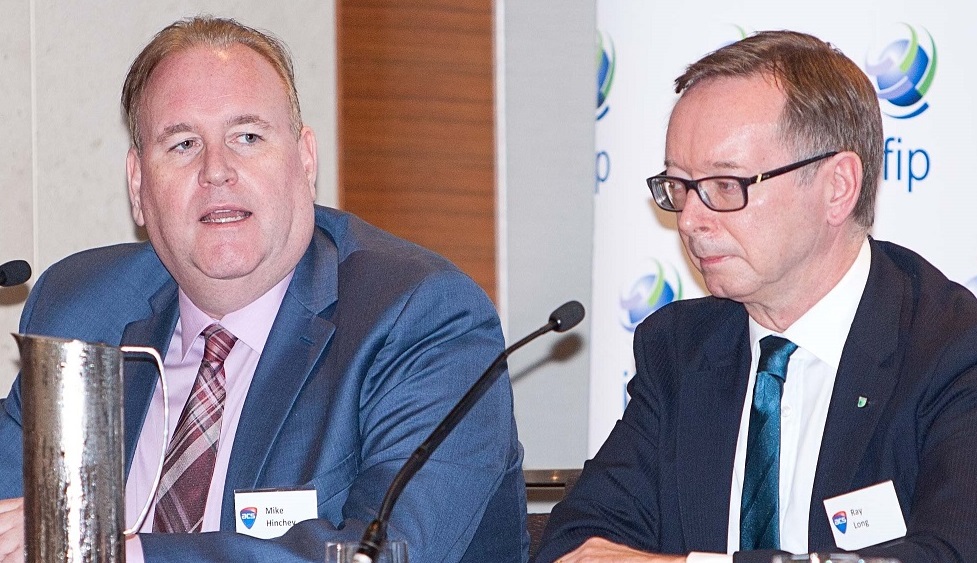How does the ICT profession reach utopia and what would that even look like?
This was the question posed to a panel of ICT industry leaders at the recent Information Federation for Information Processing (IFIP) Forum in Sydney.
The panel consensus? ICT professionals need to pull their socks up.
Ulandi Exner, President of the Institute of IT Professionals in South Africa said numerous failed IT projects had undermined confidence in ICT professionals.
“The ICT profession has a very bad image. Why is that the case? We’ve seen a lot of projects that have failed. Why have those projects failed? Because of the lack of professionalism,” she said.
In the course of business today, many software projects were being released without due diligence and minimal stress testing, leading to unsatisfactory outcomes for end users, she said.
“We’re always talking about ICT professionals. But are they professionals or practitioners? What does the term ‘professional’ mean? I think to convert an ICT practitioner into a professional, it’s very important that they have a body of knowledge, there’s continued professional education, and – I cannot stress enough – [abide by] a code of ethics and have integrity which follows that.”
Professional societies
Dialling in from the UK, Professor Liz Bacon, past President of the British Computer Society, said professional societies played an important role in holding ICT professionals to account.
“The Washington Post last year did a survey of programmers and [found] 69% were either self-taught completely or partially. I think this is extremely worrying in the sense that those types of programmers without really a good understanding of algorithms and how to code are going to be introducing poor quality software across many of our systems – and we see that regularly through many IT failures.”
In terms of making the industry more professional, we need to examine what our duty of care is to the public, Bacon said, adding that governments around the world are simply not equipped to oversee the ICT industry and that it was up to professional bodies to step into that role.
President of IFIP Mike Hinchey said poorly written code can compromise systems and that buggy code created in developing countries was not at the level of code written by certified professionals.
“There is a serious problem, in that we think everyone can write software but there isn’t much concern for how well it is written and assume that if it’s in the App Store, we can download it and can trust it.
“We’ve treated software development as a craft and rather than a professional discipline where people are certified and are expected to be at bare minimum levels.”
Certified software written by accredited professionals would give the public a greater level of confidence, he added.
“But just like everything else, how many accountants have run off with their people’s money and have been certified? It does give you a certain increased level of trust but it’s certainly no guarantee.”
People skills
Ray Long, President of the British Computer Society, said problems in IT projects often occurred not because of technical limitations but because of “issues around people, leadership, behaviours and choices,” and that as a profession, more attention should be paid to training of the so-called softer skills such as personal effectiveness, emotional intelligence, and collaborative and leadership skills.
“When [IT professionals] behave inappropriately, often it’s not because they’re bad people; it’s because they’re good people that feel under pressure to deliver something. So perhaps it’s a personal question for all of us in a leadership role the next time we say to a member of staff ‘we really must have this by that deadline’. Are we at risk of being a bit emotionally unintelligent there? Are we risking gliding good people into inappropriate behaviours because they want to please us?”
The panel was introduced by Brenda Aynsley OAM, FACS CP Chairman of the International Professional Practice Partnership of IFIP, and chaired by Professor Michael Fraser OA, FAICD.









